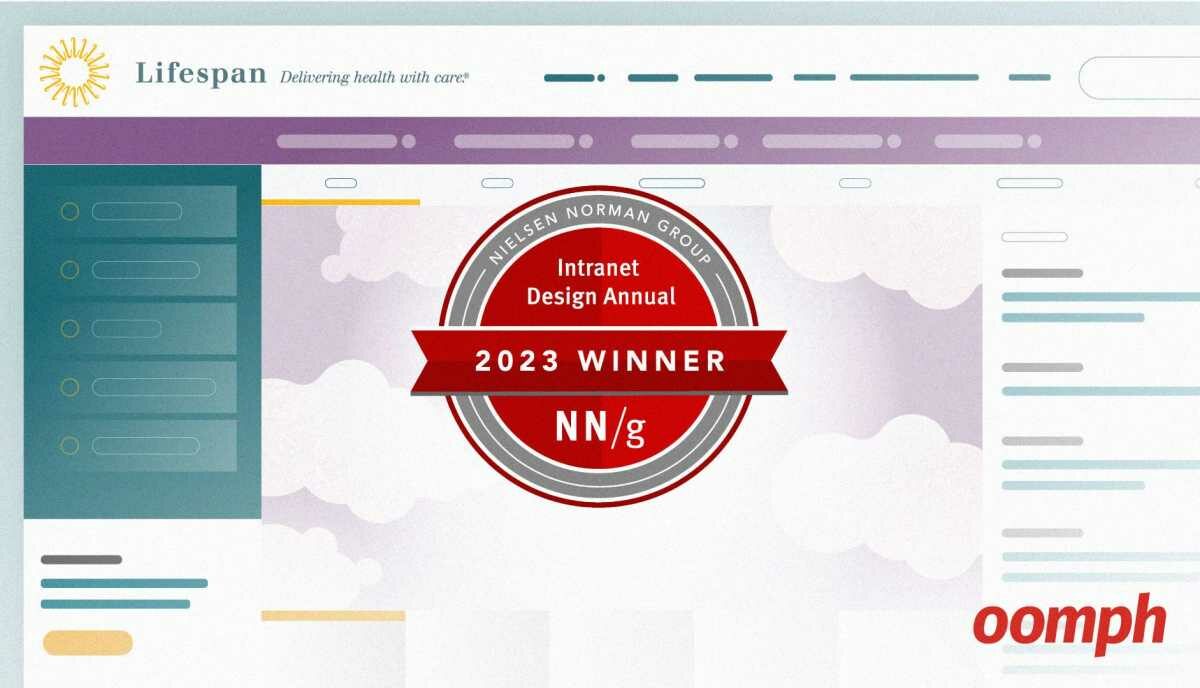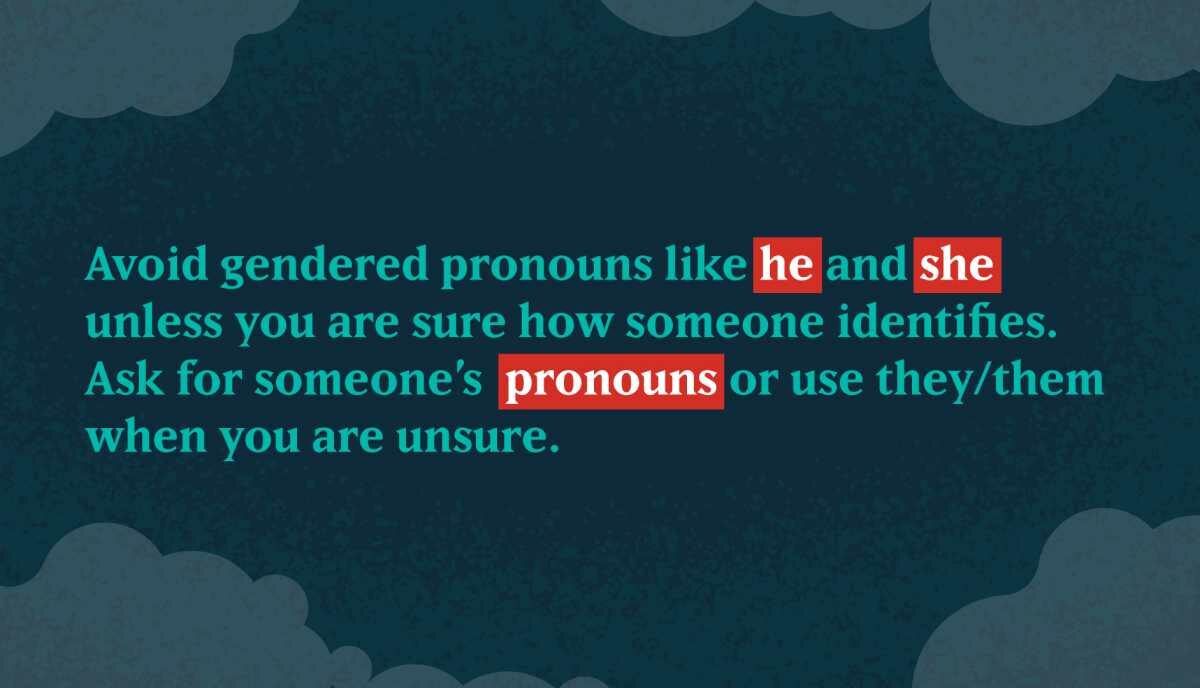Drupal GovCon 2023: Accessibility & AI in Government
“If you don’t make it accessible, it won’t be usable.”
Accessibility was in the air at Drupal GovCon 2023. The topic dominated during conference sessions and attendee conversations alike — not surprising, given its importance for municipalities and governments.
Users have the same expectations for government websites that they do for any other brand’s site: simple, secure, and accessible user experiences that render well on any device. Much of the content at this year’s GovCon focused on the knowledge, tools, and services government teams need to create accessible sites ( and the challenges that can arise along the way).
Over three days in Bethesda, Maryland, 600 designers, developers, and other Drupal pros working in government gathered to learn, improve, and innovate. We were lucky to be among them this year.
Here, we pull back the curtain on what we learned, who we met, and what we’re excited to put into action now that we’re home.
But First, Why Do We Attend Drupal GovCon?
Drupal GovCon combines two passions for Oomph: immersing ourselves in all things Drupal and helping our government clients create websites that are truly built for the people. We attended this year’s event to:
- Stay connected to the Drupal community. Oomph has been building in Drupal since 2008, and we love its philosophy of transparency and collaboration. The company stays active by attending events like DrupalCon, participating in its mentorship program, hosting local meetups and events, and contributing new features to Drupal’s ever-growing offerings.
- Get ideas and inspiration. We valued seeing how other developers use Drupal and speaking with those working in government about what a successful government-developer partnership looks like to them.
During the event, we networked with fellow developers, squeezed our way into plenty of jam-packed sessions, and presented our own session on accessibility audits. All the while, we looked for opportunities to build upon the Drupal work Oomph has already done for governments and municipalities like RI.gov.
Oomph Presents: The Many Shapes and Sizes of Accessibility Audits
“All websites are not created equal. And neither are accessibility audits.”
That’s our accessibility philosophy, and it’s also the opening line from our session, which was part of GovCon’s accessibility track. Many attendees hadn’t conducted an accessibility audit before, so this session focused on the basics: what to audit, what tools to use, and actionable deliverables digital teams can use for auditing and implementation.
Roughly 25 attendees joined to learn key considerations like:
- The components of an audit. Consider the people and the work. That is, who needs to support the audit (think website owner, development team, and more) and the work the audit will require (defining the scope, choosing the tools, and assigning a budget and timeline).
- Critical audit tools. The best tools for the job depend on your level of experience. We covered 22 of them and explained which tools to use if you’re a beginner, intermediate, or advanced developer/auditor.
- Inclusivity. Accessibility makes your website more usable, but it’s important to actively build experiences that include people of all abilities. The Voluntary Product Assessment Template (VPAT) keeps inclusivity front and center.
- Remediation. An audit is only effective if it’s actionable. We offered some tips for turning audit insights into a path to improvement.
To dive deeper, check out our roundup of accessibility resources here.
Our Must-Watch Drupal GovCon Sessions
Like all Drupal events, GovCon packed a lot of learning into just three days. While there were insights aplenty in every session we attended, these are the ones to watch from start to finish (or rewatch, in our case).
Automating Accessibility Testing With DubBot
This session was both pragmatic and inspiring. Presenter Jesse Dyck of Evolving Web started by reminding us all that accessibility is how we ensure truly equal access to information — a key tenet of government communications.
He then explained how tools like DubBot, an automated testing tool, can perform accessibility testing, provide quality assurance, and even take the pulse on your SEO efforts. Beyond the how-tos, Jesse also offered his own best practices for identifying and managing key data points.
Navigating the Digital Realm: A Journey Through the Eyes of a Screen Reader User
Amid all the tools and tech, it’s sometimes easy to forget that we’re innovating for people who use assistive devices to access critical information. Matthew Elefant, managing director at Inclusive Web, conducted a live demonstration of how blind and visually impaired people navigate the internet. The session brought a powerful human lens to the challenges people with disabilities face any time they get online when Chris, a tester working with Matthew, remotely walked through his experiences and challenges often including navigating websites with a screen reader.
Matthew reminded us that accessible websites aren’t necessarily usable and recommended some key opportunities to bridge that gap.
Editoria11y v2: Building a Drupal-Integrated Accessibility Checker
John Jameson designed Editoria11y v1 to meet an important Drupal need: a robust yet intuitive disability checker. During this session, John walked through his wishlist for Editoria11y v2 — check more complex HTML code and enable users to dismiss non-critical alerts, among others — and explained how he engineered each one (spoiler alert: a long list of mentors).
His session affirmed the innovative and supportive power of the Drupal community and taught us some of his most effective techniques for building complex web applications.
Honorable Mention: How AI Works and How We Can Leverage It
Artificial intelligence (AI) is the talk of the tech world, but it’s a bit of a sticky subject for governments and municipalities. Though AI can introduce efficiencies, it can also compromise compliance in the highly regulated public sector.
Michael Scmid offered some real-world ways to use AI, like training a language learning model (LLM) (think ChatGPT) or generating images — all with a focus on how those tools fit into a decoupled architecture like Drupal. This session is a great watch for anyone interested in understanding options for how to set up your own LLM.
Building Community at GovCon
Year after year, Drupal continues to shine because of the community it builds. At GovCon, we deepened long-held connections and formed some exciting new ones. We even got to meet one of our favorite contractors in person.
GovCon also echoed many of the conversations our Oomphers are already having. The conference’s timing couldn’t have been better: We brought many of the ideas shared to our recent Squad Summit (our “squads” are dedicated groups of designers, developers, and engineers who serve our clients). Together, our squad explored ways to incorporate emerging accessibility tools into our work and deepened our resolve to build a Web that works for everybody.
Let’s Talk GovCon
Attended GovCon and can’t get enough of the accessibility conversation? Couldn’t make it but want to brainstorm about how you can put these insights into action on your website?
ARTICLE AUTHORS

Kathy Beck
Senior UX Engineer
Hi, I’m Kathy, and I’ve been working with Drupal for over 10 years. As a UX Engineer here at Oomph, I am focused on front-end development and site building and I collaborate with the back-end engineering team and the design team. I am constantly thinking about accessibility and test solutions in multiple browsers as well as screen readers and automated tools.

Julie Elman
Senior Digital Project Manager
As a Digital Project Manager at Oomph, my main responsibilities include building and maintaining client relationships, managing projects, and collaborating with our talented development and creative teams to execute and deliver top-quality projects.


